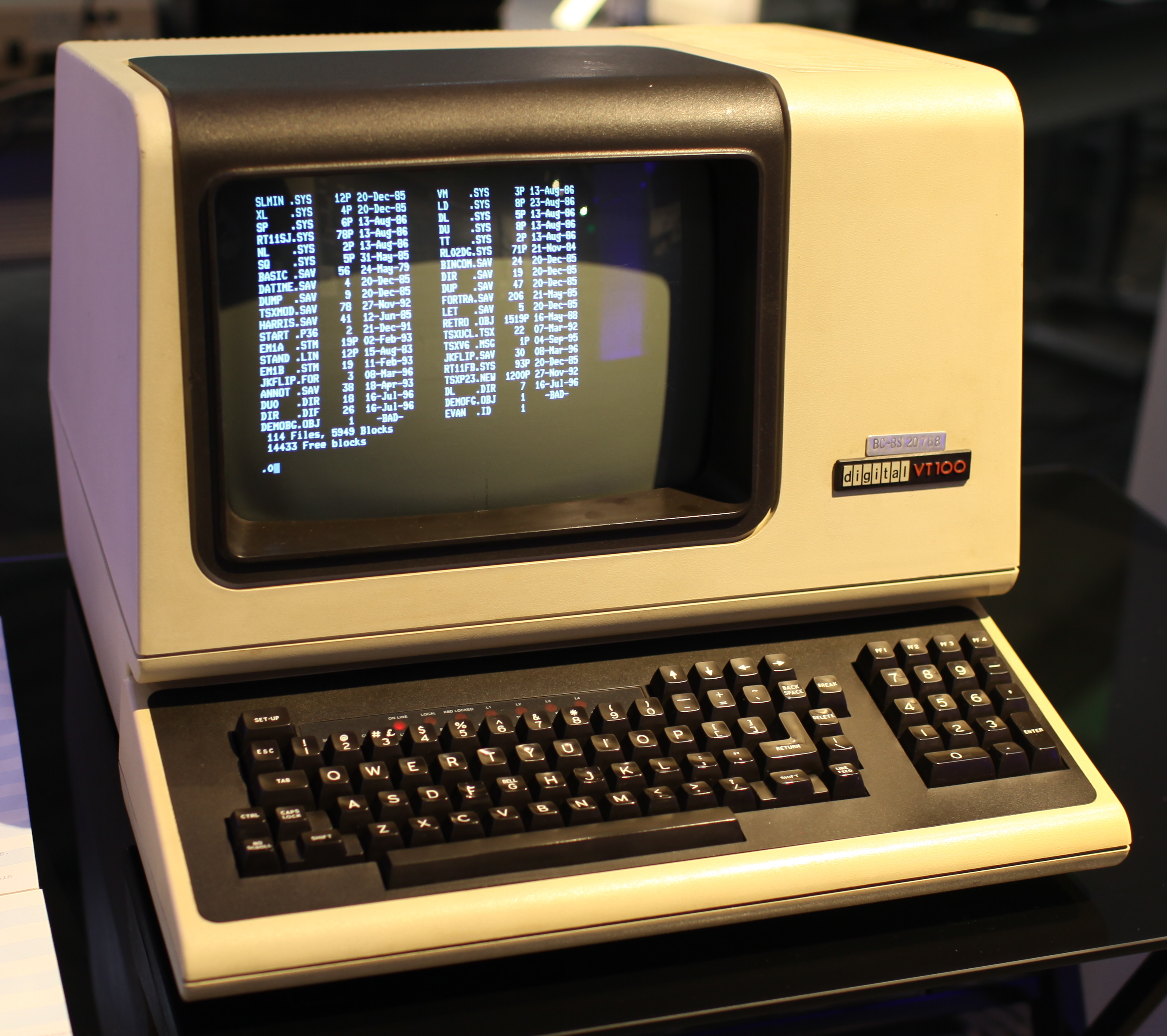Linux Basics
Link to Slides
https://bits-sos.github.io/slides/linux-basics.html

Before We Start
Get the same setup:
git clone https://github.com/BITS-SOS/linux-basics
cd linux-basics
Some Absolute Basics

Files
- In Linux, everything is a file.
- File system hierarchy: /, /bin, /lib, /usr, etc.
- Files have ownership and access permissions.
- Linux supports various file types like regular files, directories, symlinks, etc.
Users and Groups
- Users are accounts that access system resources with unique usernames and IDs.
- Groups are collections of users that share permissions and access levels.
- Users can be assigned permissions to files and directories.
- New users and groups can be created with useradd and groupadd respectively.
- (IMPORTANT) Only use the root user or sudo when you absolutely know what you are doing.
Permissions
- There are three types of permissions: read, write, and execute, which can be assigned to three different classes of users: owner, group, and others.
- The chmod command is used to modify permissions and the chown and chgrp commands are used to change the ownership and group of a file or directory.
- The umask command can be used to set default permissions for newly created files and directories.
History of Terminals

1960s and 1970s - Mainframes
- Mainframes were big computers a lot of people accessed at the same time
- People used "terminals" to access these mainframes and perform tasks on them
- Earliest form was teletype machine (tty)
- Video terminals came around later, but were expensive
- They came with color output, fancy cursor movements and other features
Personal Computers
- Terminal Emulators simulated video terminals on pesonal computers
- First ever terminal emulator was on the PDP-11
Shells
- User interface that lets users interact with the OS through a CLI
- First shell was Multic's MIDAS
- "Thompson shell" or sh came with UNIX
- Bourne shell, C shell, Korn shell came around later
- Linux comes with Bourne Again Shell (bash)
- ZSH and Fish are other popular options
Navigation

pwd
pwd
pwd
pwd
-> /home/<user>/linux-basics
cd
cd dir
pwd
cd ..
pwd
cd
cd dir
pwd
-> /home/<user>/linux-basics/dir
cd ..
pwd
-> /home/<user>/linux-basics
ls
ls dir
ls
ls dir
-> file.txt
tree
tree dir
tree
tree dir
dir
└── file.txt
1 directory, 1 file
mv
mv hello.c hello2.c
ls
mv
mv hello.c hello2.c
ls
-> dir hello2.c ...
mkdir
mkdir dir/dir2
ls dir
mkdir
mkdir dir/dir2
ls dir
-> file.txt dir2
touch
touch dir/file2.txt
ls dir
touch
touch dir/file2.txt
ls dir
-> dir2 file.txt file2.txt
rm
rm dir/file2.txt
rm -r dir/dir2
ls dir
rm
rm dir/file2.txt
rm -r dir/dir2
ls dir
-> file.txt
cp
cp dir/file.txt dir/file2.txt
ls dir
cp
cp dir/file.txt dir/file2.txt
ls dir
-> file.txt file2.txt
Common Commands
man
man man
echo
echo "Hello, World!"
echo
echo "Hello, World!"
-> Hello, World!
cat
cat linux-basics.sh
less
less linux-basics.sh
head
head -n 1 linux-basics.sh
head
head -n 1 linux-basics.sh
-> #!/usr/bin/bash
tail
tail -n 1 linux-basics.sh
tail
tail -n 1 linux-basics.sh
-> echo $(expr $STEP + 1) > /tmp/STEP
grep
grep "getopts" *
|
cat linux-basics.sh | grep "bash"
>
echo "ok" > ok.txt
>>
echo "still ok" >> ok.txt
cut
echo "h e l l o" | cut -d" " -f2
tee
echo "hello" | tee hello.txt
chmod
chmod -x linux_basics.sh
chown
chown -R $user file/dir
chattr
sudo chattr +i hello.txt
wget
wget https://bits-sos.github.io/images/bits_sos.png
curl
curl https://wttr.in
tar
tar -xvf archive.tar
unzip
unzip zipped.zip
find
find . -name "*.sh"
fzf
fzf
sleep
sleep 3s;
pkill
pkill -SIGUSR1 <process>
killall
killall process
alias
alias vi="nvim"
function
mkcd() { mkdir $1 && cd $1; }
Branching and Looping

variables
w="world"
echo "hello $w"
$? -> exit status
read var
getopts
test
test expr
[ expr ]
[ -f file ]
[ -z empty_string ]
[ "stra" != "strb" ]
[ $x -gt 4 ]
[[]] -> not really standard, but has neat features like regex matching
exit
exit 0 -> success
exit 1 -> failure
arithmetic
let "a = 2 + 6/3"
expr "2 + 6/3"
$(( 2 + 6/3 ))
${#w} -> length of str in w
if
if predicate; then
action
elif predicate2; then
action2
else
action3
fi
match case
case $i in
a)
s1
;;
b | c)
s2
;;
d)
s3
;;
*)
s4
;;
esac
while loop
while pred; do
something
done
for loop
for i in 1 2 3 4 5; do
echo "count: $i"
done
Shell Scripting Examples

Remove Prefix
#!/bin/bash
read -p "Enter the name of the directory: " dirname
read -p "Enter the prefix to be removed: " prefix
# Check if the given directory exists
if [ -d "$dirname" ]
then
# Loop through all the files in the directory
for file in "$dirname"/*"$prefix"*
do
# Remove prefix from filename
newname=$(echo $file | sed "s/$prefix//")
mv "$file" "$newname"
echo "File $file renamed to $newname"
done
else
echo "Directory $dirname does not exist."
fi
Resize Images in a Directory
#!/bin/bash
read -p "Enter the name of the directory: " dirname
read -p "Enter the desired width of images: " width
for file in $dirname/*.{jpg,png,jpeg}; do
if [ -f "$file" ]; then
echo "Resizing $file..."
convert "$file" -resize "$width" "$file"
fi
done
echo "All images in $dirname have been resized to $width pixels wide."
Task
Write a script to recursively copy all the files in the demo directory to a directory called BACKUP